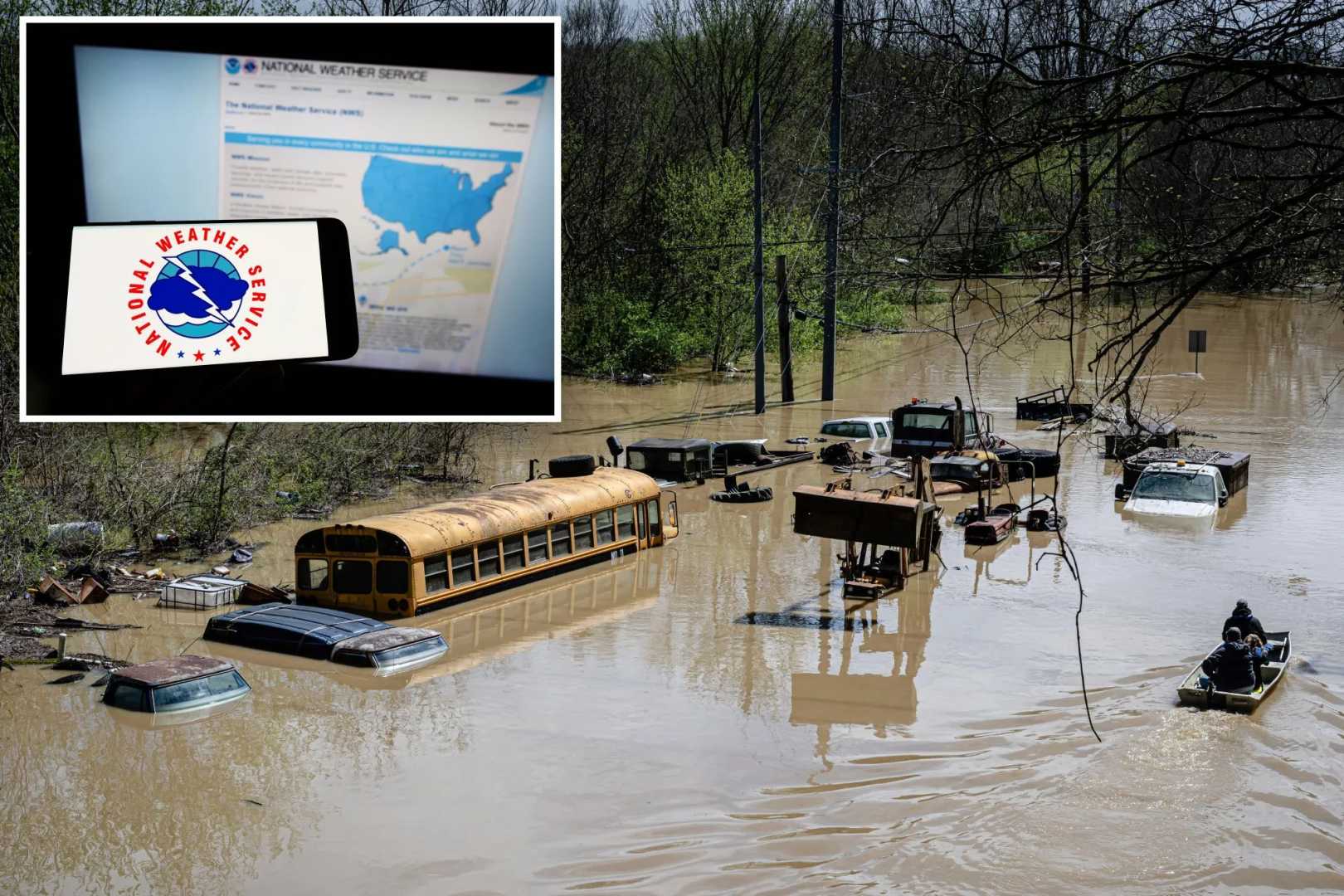News
National Weather Service Suspends Language Alerts Amid Contract Lapse

WASHINGTON, D.C. — The National Weather Service (NWS) has suspended its automated language translation services for severe weather alerts following the expiration of its contract with artificial intelligence provider Lilt, the agency confirmed. The contract lapsed on April 1, 2025, prompting concern among experts who warn that non-English speaking communities could be left vulnerable during extreme weather events.
According to NWS spokesperson Michael Musher, the service was initiated in late 2023 to offer urgent weather alerts in several languages, including Spanish, Chinese, and French, replacing a labor-intensive manual translation process. The cessation of these services comes at a critical time, as the U.S. anticipates severe storms while entering hurricane season.
More than 68 million individuals in the United States speak a language other than English, with approximately 42 million of those identifying as Spanish speakers, according to 2019 Census data. Joseph Trujillo-Falcón, a researcher at the University of Illinois Urbana-Champaign, expressed alarm at the contract lapse, noting that translations are essential during emergencies. “These alerts are not just a convenience; they save lives,” he said. “Without access to translated information, entire communities could be at heightened risk.”
The automatic translation service allowed the NWS to provide real-time alerts that could be critical for non-English speakers in areas frequently impacted by severe weather, such as Texas and southern Florida. The canceled service impacts local meteorologists who had relied on the NWS for bilingual weather communications, forcing them to create their own translations.
“We’re looking towards working together on our solutions,” said Sheri Badger, an emergency management official in King County, Washington, which mandates that critical alerts be delivered in multiple languages due to its diverse population. “The NWS has been a key partner in making sure we reach those who need this information most.”
The contract expiration comes amidst broader cuts to the National Oceanic and Atmospheric Administration (NOAA), with federal spending reductions affecting agency resources and staffing levels. NOAA employees are worried that increased workloads without the AI-powered tools will further hinder their capacity to serve the public effectively. “Every storm season is becoming more challenging,” an anonymous NOAA employee remarked. “The technology we had can no longer be leveraged.”
As the agency looks for solutions, the future of the translation contract remains unclear. If a new agreement with Lilt or another provider isn’t signed in the next 30 days, the project will face significant delays in restarting, as new bids for services must be sought.
The importance of accessible weather alerts cannot be overstated. “A language barrier during a crisis can have devastating consequences,” said Norma Mendoza-Denton, an anthropology professor at UCLA. “Understanding weather alerts in your own language is crucial to ensuring your safety and survival.”
During a deadly tornado outbreak in Kentucky in 2021, a Spanish-speaking family recounted how an English alert went ignored until they received a translated warning that instructed them to move to safety. Echoing the same sentiments, Trujillo-Falcón emphasized that the previous translation systems were essential in ensuring that messages reached their intended audiences without confusion.
As of now, the NWS has not publicly stated how it plans to address the gap created by the suspension of translated alerts. While staff continue to address urgent weather concerns, the lack of multilingual communication tools presents an ongoing risk to public safety, particularly for communities that are already at a disadvantage in accessing critical information.












